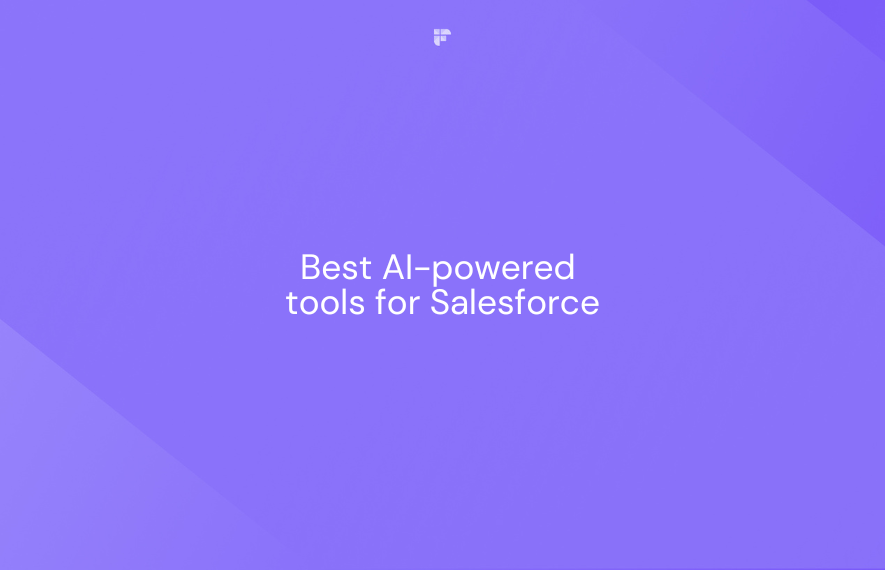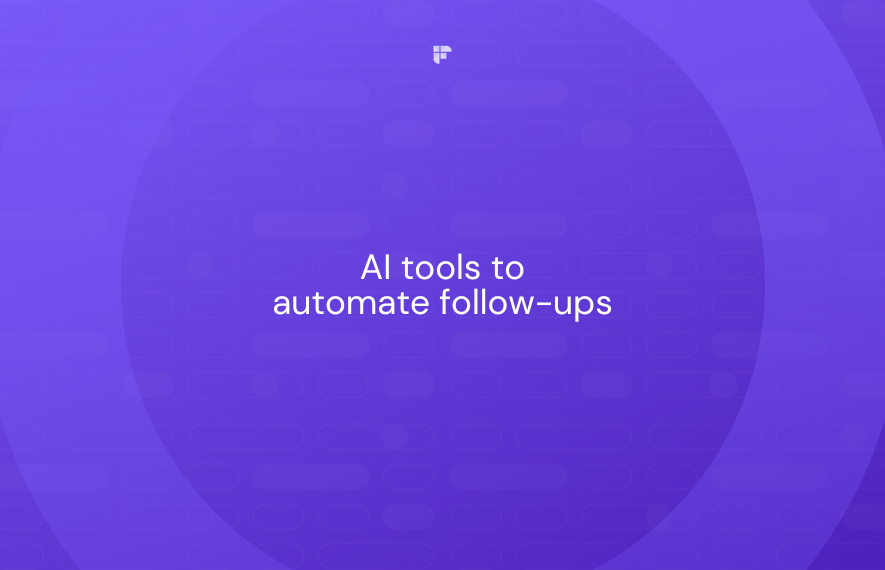As a business leader, you've seen more than your fair share of technology-driven changes. From the days of personal computers and the internet to the boom of mobile technology and the rising adoption of big data, Artificial Intelligence and Machine Learning, you've been on the front lines of it all. And when you thought you'd seen it all, Generative AI shakes things up again.
But here's the thing, you're a pro at this adaptation game by now. You've done it before, and you'll do it again. This article is a small step toward helping you adapt to the opportunities and challenges presented by generative AI so you can stay ahead of the curve.
What's generative AI?
"Generative AI is a kind of AI that can generate new content or data based on a set of inputs and algorithms. It can include things like text, images, audio, or video.
Generative AI models are trained on large amounts of data and can generate new content similar to the training data but unique. This technology is used in various applications like speech recognition and computer vision, but it's also increasingly used in creative fields like music and art.
Some examples of generative AI are Generative Adversarial Networks (GAN), Variational Autoencoders (VAE), and Transformer-based models like GPT-3."
Did anything in the above paragraph seem off to you? Probably not; the grammar is on point, the tone is just right, and the narrative flows.
That's how ChatGPT, a chatbot built on top of OpenAI's GPT-3, defines generative AI. The hype seems justified, right?
3 strategies to prepare your business for generative AI
For business leaders, it's crucial to stay ahead of the curve and understand how generative AI can benefit their company. For example, it can help automate repetitive tasks, improve efficiency and productivity, and provide new ways of solving problems.
However, it's also important to remember that while generative AI has great potential, it's not a magic solution. You must understand the limitations of the technology and invest in the right tools and resources to ensure successful implementation.
1. Use generative AI to drive efficiency and productivity
Improving productivity and streamlining processes are key aspects of achieving a successful and efficient business operations. That's why the emergence of generative AI is an exciting development, as it has the potential to revolutionize the way we work.
The enticing prospect of this technology is the liberation it brings from the monotony of manual tasks like image editing, spelling and grammar checks, and voice assistant-style advice. From stunning artwork winning contests to toe-tapping music and even writing that's not only readable but also intriguing, the results are nothing short of phenomenal.
But like navigating the internet, mastering the art of phrasing commands and queries are critical to unlocking its full potential. With proper mastery of its syntax, these tools can boost productivity and enhance the overall impact on your company.
💡 Try Fireflies
Fireflies captures your meetings and provide meeting summaries powered by generative AI. Search critical meeting information in minutes to make your meetings more efficient and productive.
Note: Generative AI may or may not become as ubiquitous as the cloud or the internet. Only time will tell. But while ChatGPT and generative AI have shown promising results, not all AI companies or sectors will benefit from this technology in the same way. It's essential to be discerning and considerate when evaluating the potential impact of generative AI on your business.
2. Upskill or reskill employees
The introduction of generative AI leads to the automation of specific jobs, which could eventually result in job losses. Gartner research suggests that 20% of procedural code professionals will need to be retrained due to disruptions caused by generative AI. To mitigate this, focus on upskilling and reskilling employees and job seekers.

Take, for example, the HR department. As AI begins to take over some mundane tasks, such as appointment scheduling and resume review, equip your HR team with new expertise, such as effectively managing job postings through AI tools.
It means the HR professional must thoroughly understand different payment models, set budgets for job promotion, and be well-versed in using AI in this area. So, as a business leader, it will be your responsibility to focus on upskilling or retraining your HR department to stay ahead in an ever-evolving business landscape.
3. Build a robust cybersecurity and safety framework
AI is already helping detect financial fraud and ensuring safety and cybersecurity. By harnessing the power of AI in a unified, multi-layered security architecture, you can create an intelligent system that not only spots advanced cyberattacks but thwarts them before they even have a chance to strike.
For instance, you can train AI algorithms to detect and respond to abnormal behavior, identify potential security threats and vulnerabilities, and even generate new security protocols to reinforce existing systems. This approach can also aid in creating a proactive, rather than reactive, defense against cyber attacks.

A generative AI system can help organizations stay ahead of the curve in cyber security and maintain a secure infrastructure by continuously monitoring the network and generating new responses as needed.

Parting thoughts
The impact of ground-breaking technologies like ChatGPT is already stirring things up. And if you're still stuck writing reports and creating dashboards, you might feel intimidated. But for true leaders, AI is an opportunity to soar even higher.
With massive changes on the horizon, the business world will need visionary, connected, collaborative, and even humorous leaders to lead the charge. So let's get to work! It's time to give your leadership skills a good ol' fashioned tune-up and embrace the power of AI.









